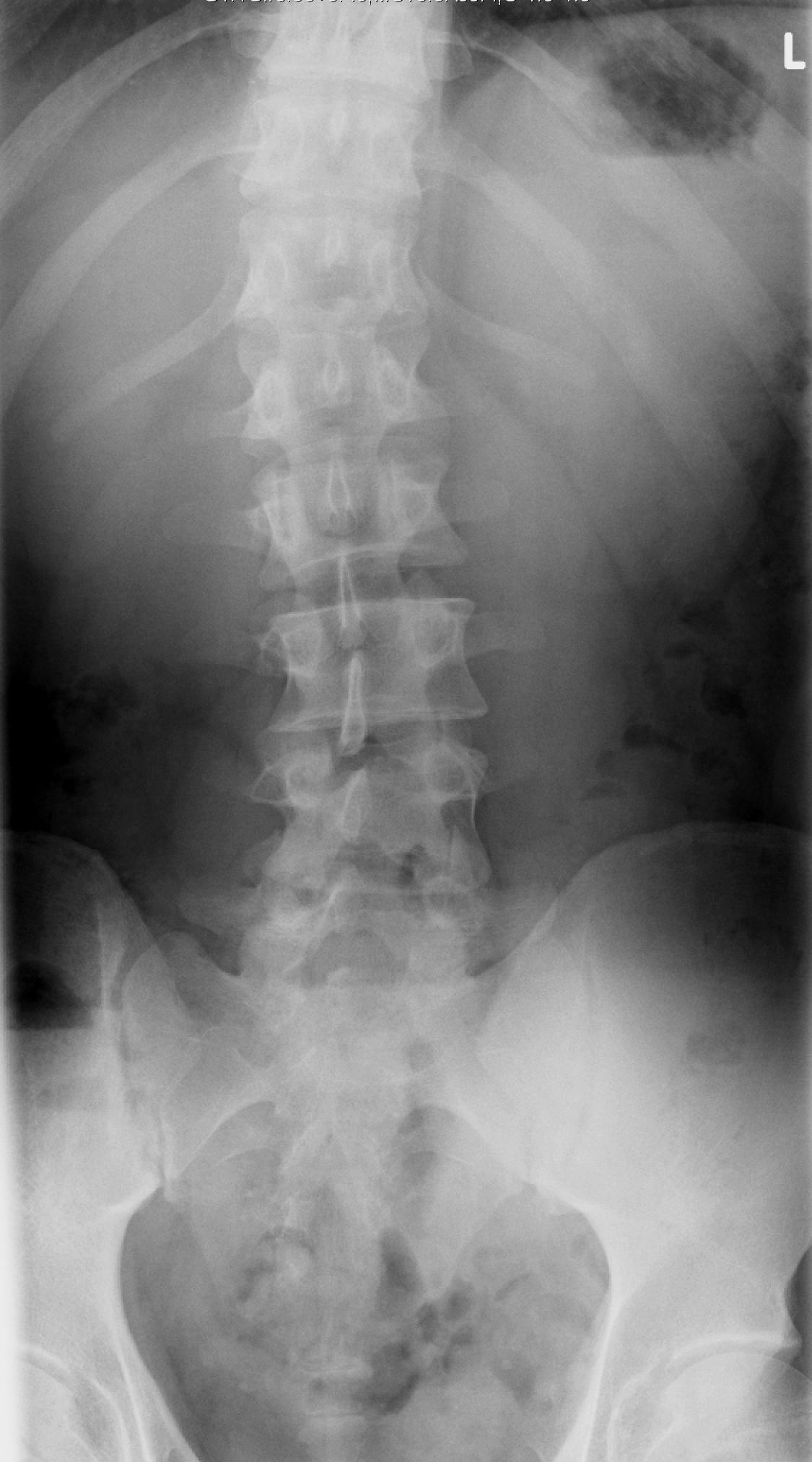Spinal Compression Fractures - Causes and Treatments
Jun 6, 2022 10:54:00 AM Posted by Iowa Radiology
Spinal compression fractures affect nearly one million people in the U.S. each year. They are most common in older people, especially women who are past menopause. Experts estimate that a quarter of women over fifty and nearly...
Help for Spinal Compression Fractures—Vertebroplasty & Kyphoplasty
Oct 21, 2019 12:39:00 PM Posted by Iowa Radiology
What is a spinal compression fracture?
Most often seen in patients with osteoporosis, spinal compression fractures occur when the vertebrae lack sufficient strength to support the spine. This can also happen as a result of...
Mom Has a Spine Fracture: What are Her Options?
Dec 4, 2014 8:00:00 AM Posted by Iowa Radiology
As people age, bones become more susceptible to fractures. Compression fractures, particularly, occur frequently in women suffering from or with a high ris of osteoporosis (a thinning of the bones), as well as in individuals who...
.png)



